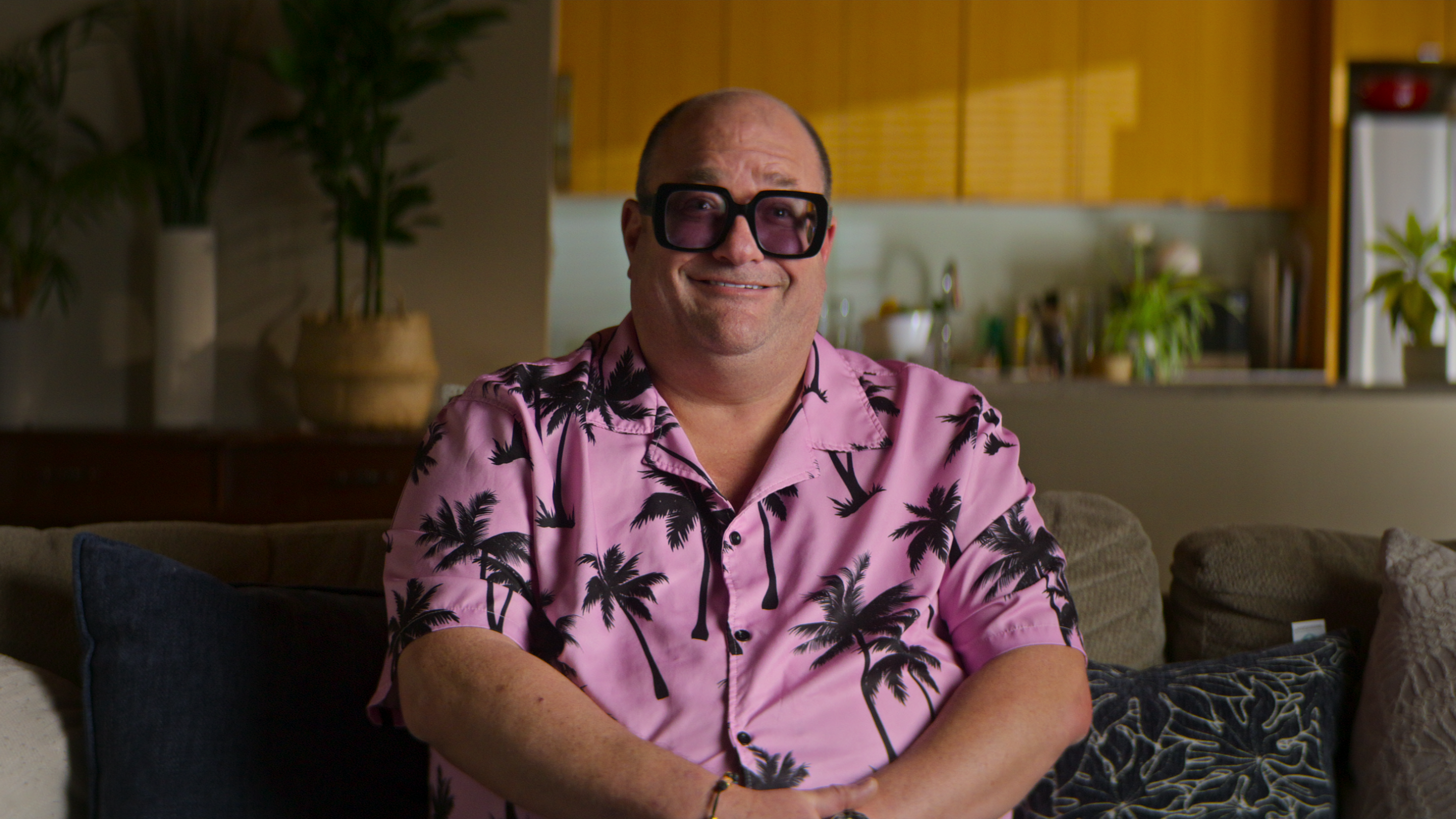
What do you call a true crime documentary with only a passing interest in the crime itself? You might call it Ashley Madison: Sex, Lies & Scandal. Netflix’s new three-part series, released on Wednesday, charts the rise and sort-of fall of Ashley Madison, the online dating site aimed at married people seeking to have affairs. Episode one charts the company’s rise to prominence in the Noughties, thanks to a series of provocative ad campaigns and its CEO’s near-constant presence on the talk show circuit. Episode two looks at the 2015 hack: when a group of cyber-criminals leaked the website’s entire database of users’ personal details (more than 30 million people), as well as internal emails and other compromising data. The final episode looks at the fallout: resignations and investigations – most of which led nowhere.
There’s obviously a prurience to a documentary like this. (It’s right there in the Soderberghian subtitle.) Ashley Madison has always been magnetised to controversy: there’s something uniquely brazen about its sleaze-dipped business plan. You could argue that the company is simply meeting the public demands for a service, in a free and inevitable marketplace – but there’s no getting around the fact that the profits are mined from personal betrayal. At both ends, the cost was a human one: firstly the spouses being cheated on, then the supposed “witch hunt” of users that followed the data leak, resulting in multiple suicides. Sex, Lies & Scandal affords its adulterous interviewees – most prominently, a Christian influencer called Sam Rader – compassion and airtime. But if they aren’t the villain of this story, who is?
The problem with Sex, Lies & Scandal is not so much that it’s willing to show some sympathy for the cheating spouses. Being an immoral, selfish, or untrustworthy person does not always amount to villainy. But in spreading the blame around – between the users, the website’s executives, and the hacker group – it ultimately ends up letting everyone off the hook.
As the documentary progresses, more and more details of Ashley Madison’s unethical business practices emerge. The tacitly permitted proliferation of “bots” among the site’s profiles, for instance, which compensated for a customer base overwhelmingly comprising straight men. Or the dubious method of belligerently charging viewers to access the site’s basic functions – what would now be known as microtransactions. (Customers paid a sizable fee to have their details completely erased from the site’s databank – an offer that generated millions in revenue, only for Ashley Madison to retain all the data anyway.) The series is content to tar ex-CEO Noel Biderman (not interviewed) with the suggestion of shadiness, but is less damning of others who worked within the Ashley Madison machine, notably the several people from within the corporate structure interviewed at length here.
These people, including Evan Back, a charismatic former vice-president of sales, talk viewers through the story of Ashley Madison with a kind of unrepentant matter-of-factness that borders on amusement. Back is a heavyset middle-aged man who appears wearing a bright pink Hawaiian shirt – the sort of garishly informal get-up that radiates serious wealth. The documentary opens on him as he prepares for the interview. Gesturing to a pair of oversized sunglasses on his face, he tells the camera: “I’m not wearing these glasses by the way. I don’t want to come across as some douche, with sunglasses on inside.” He then tries on several more items of ostentatious eyewear, before settling on pink-lensed “granny glasses”.
Back is a lively and entertaining interviewee; it’s easy to see why his voice features so prominently throughout the series. And yet, as a high-ranking executive within the framework of Ashley Madison for around a decade, Back is exactly the kind of person who ought to shoulder the series’ moral accountability. It could be that this is deliberate – that the documentary is giving people like this such indulgent shrift as a means of demonstrating their blithe disregard for the ethical consequences of their employment. But a narrative is ultimately shaped by who is doing the telling, and Sex, Lies & Scandal is told, first and foremost, by those who were on the inside. This access has advantages – detail, colour, insight – but sacrifices the kind of moral objectivity that the situation maybe demands.
It’s noteworthy just how few case studies feature in the docuseries: unsurprisingly, there weren’t too many people clamouring to speak about their own marital infidelity on camera. “Rather than berating people who joined Ashley Madison, we were much more interested in exploring why they were drawn to the site,” said Toby Paton, the programme’s director. “What were they looking for? What was going on in their relationships? And, crucially: What was their partner’s side of the story?” If the series actually managed to answer these questions, that would be one thing. But it only gestures towards them.

Sex, Lies & Scandal ends by explaining that the hacker group was never identified, and Ashley Madison today has more users than ever – some 70-odd million, undeterred by the data leak. It’s clear no lessons were learned from the whole debacle. But it’s not like we will learn all that much from Netflix’s new documentary either.
‘Ashley Madison: Sex, Lies & Scandal’ is available to stream now on Netflix







